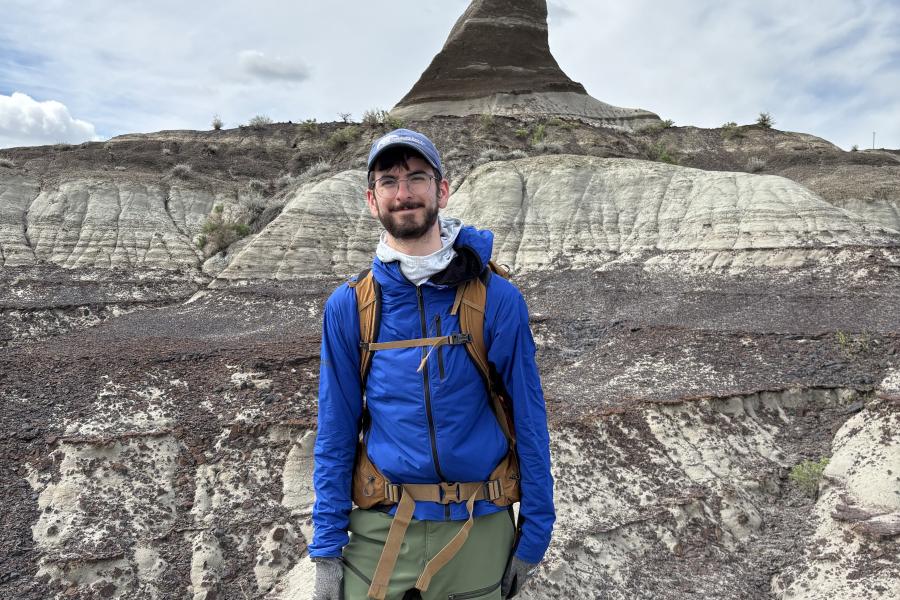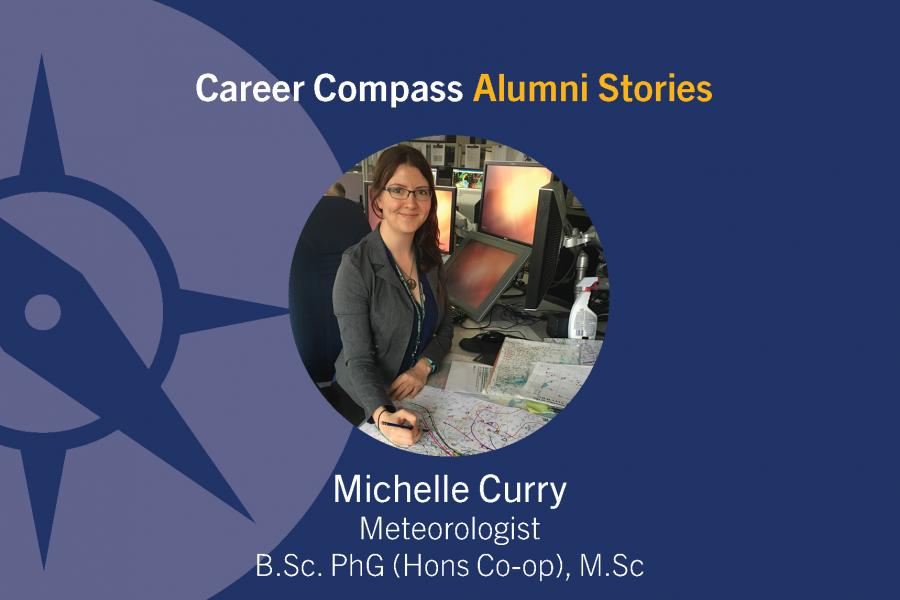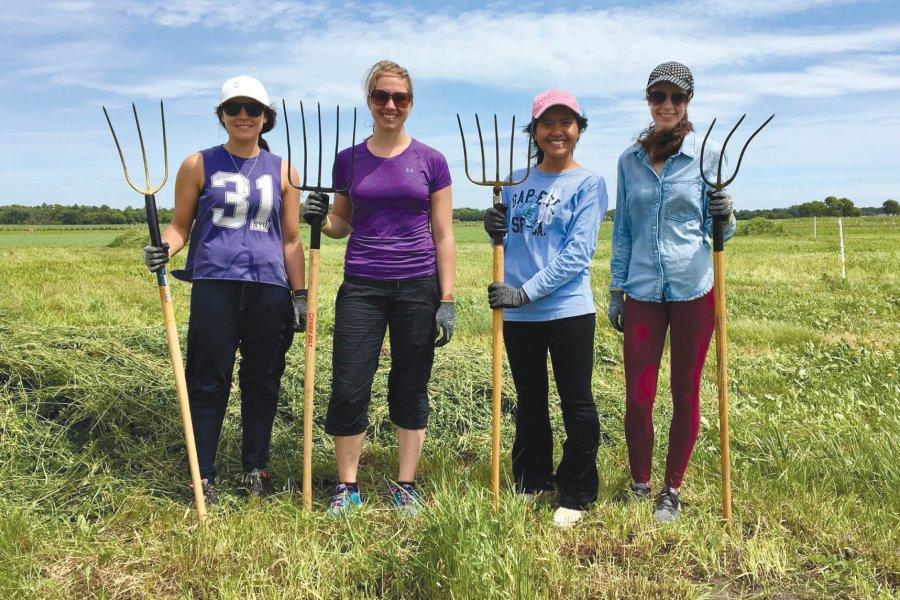Year 1 - 30 credit hours
Link experiences to your career interests. Options include:
- Student groups including Weather Club, Society of Earth Sciences and Environmental Studies (SESES), and Environment and Geography Students' Association (EGSA).
- Volunteer for UM Orientation events to help welcome new students to campus while gaining experience.
- Student work opportunities including Work-Study, STEP Services or Federal Student Work Experience Program.
- Experiential education opportunities such as the Storm Chasing and Field Techniques course.
Year 2 - 60 credit hours
Explore student research opportunities: Apply for an Undergraduate Research Award or NSERC USRA and inquire about research assistant positions.
Gain practical experience by volunteering: Check out Environment and Climate Change Canada, Let's Talk Science, Oak Hammock Marsh, Parks Canada, and Manitoba GIS Users Group (MGUG).
Obtain certificates employers may require, including: Become a Clayton H. Riddell Faculty Student Ambassador.
Earn while you learn: Consider applying to the Co-operative Education program once you have completed 60 credit hours and applying
Year 3 - 90 credit hours
Continue or start research: Participate in the Undergraduate Research Poster Competition.
Check out student job opportunities with: City of Winnipeg; Environment, Climate and Parks; Fisheries and Oceans Canada and WISE Kid-Netic Energy.
Search for job opportunities online: Check out Eco Canada, Job Bank, Find My Job or other search engines.
Use your networks and connections: Inquire about unadvertised job openings (the "hidden job market").
Year 4 - 120 credit hours
Ensure you have references in place: Ask your professor for a reference or a letter of recommendation if you're applying for graduate school.
Assess your resumé: Identify any gaps in experience and fill them through volunteering, work placements or internships such as the Post-Secondary Recruitment Program.



